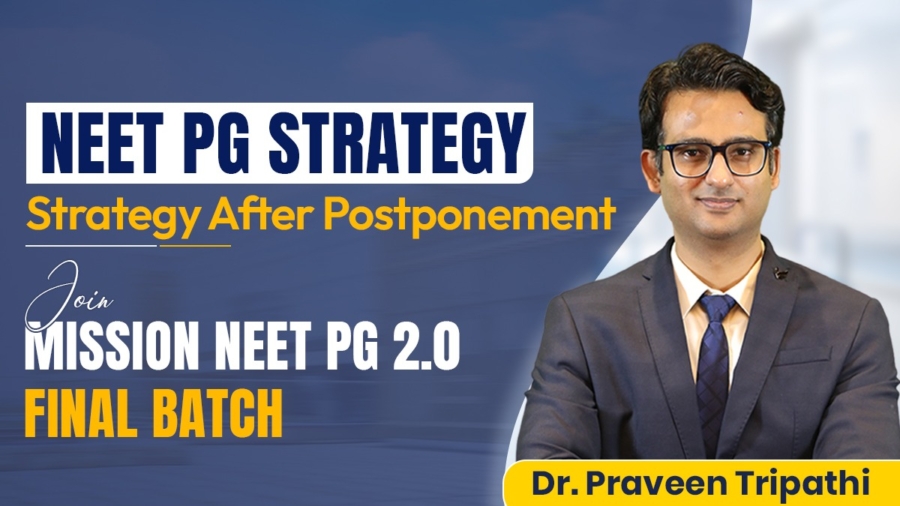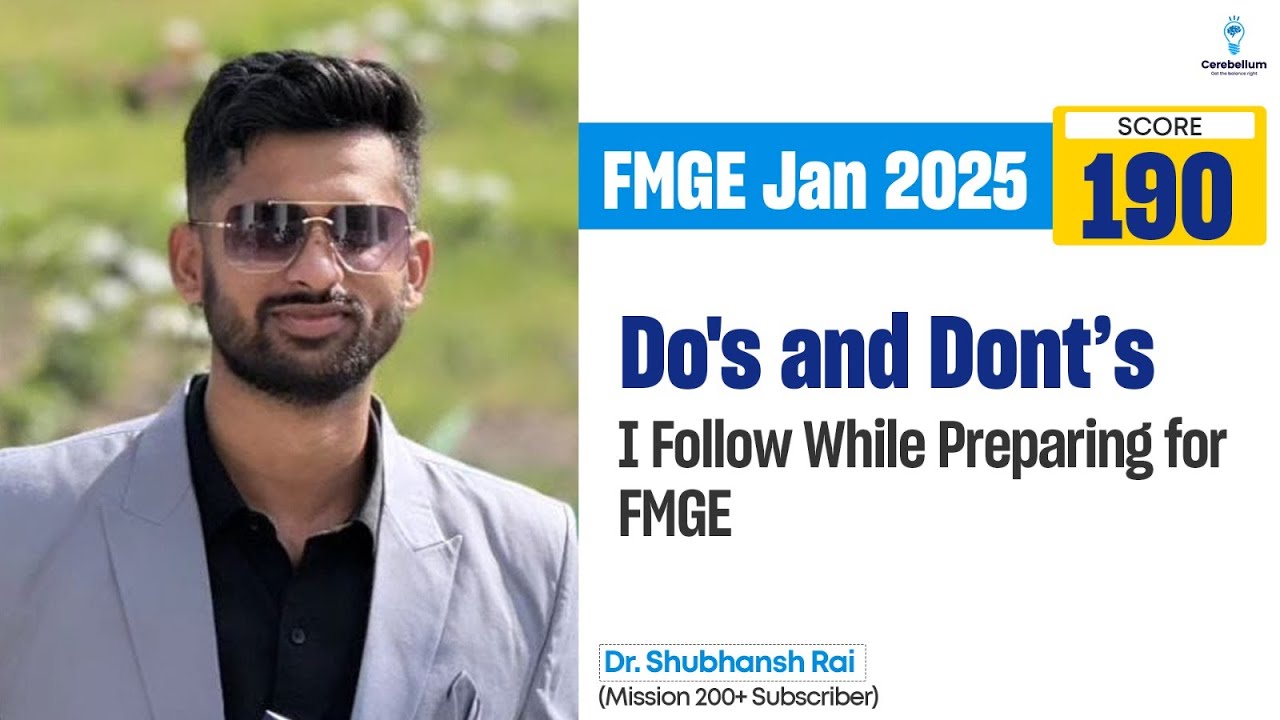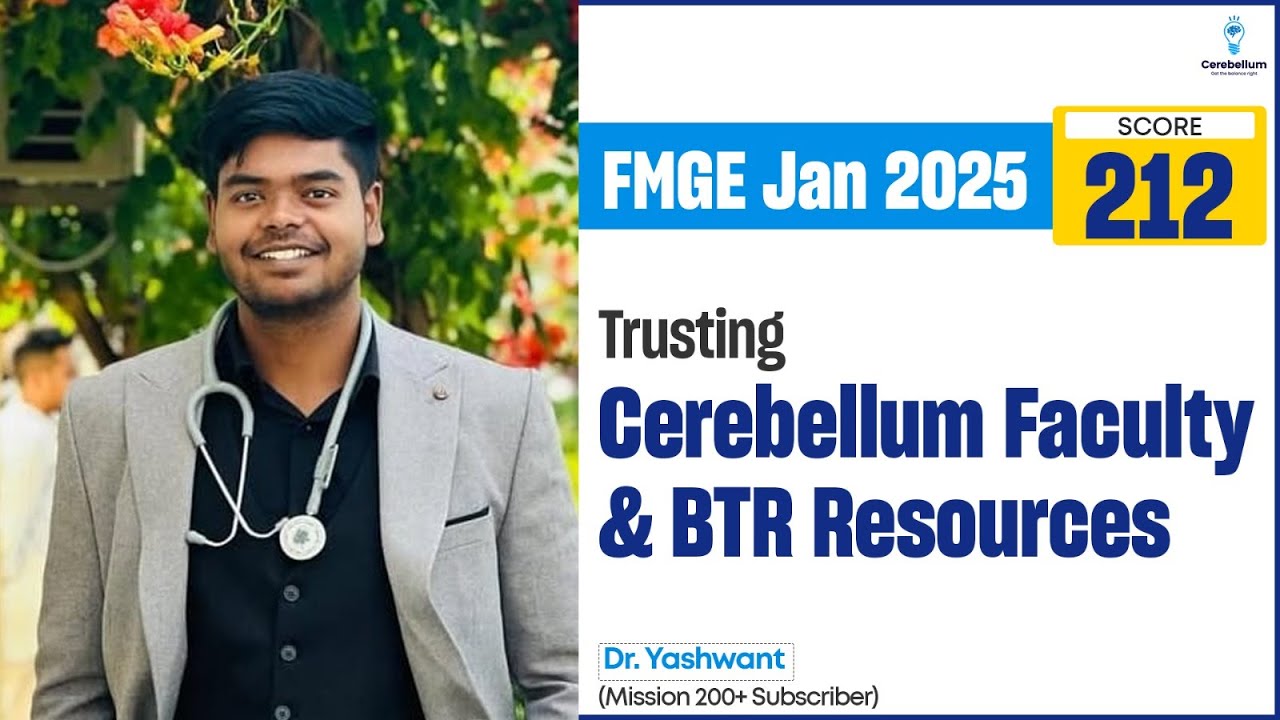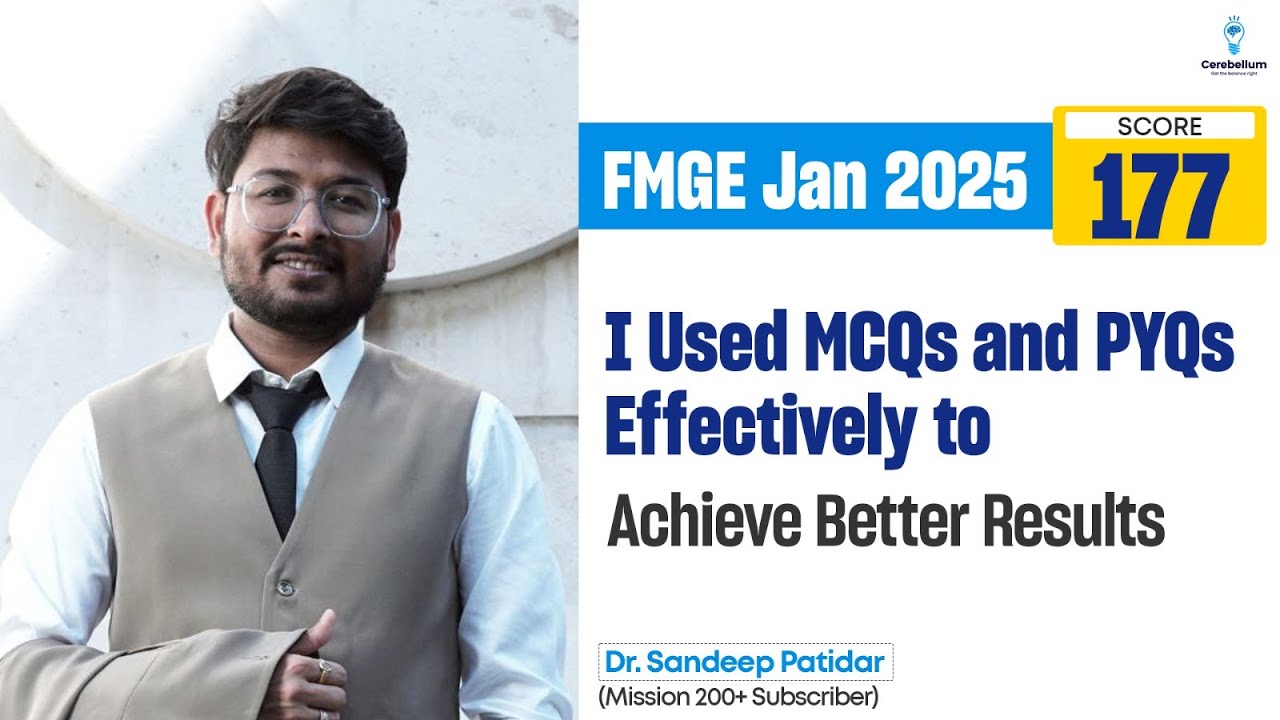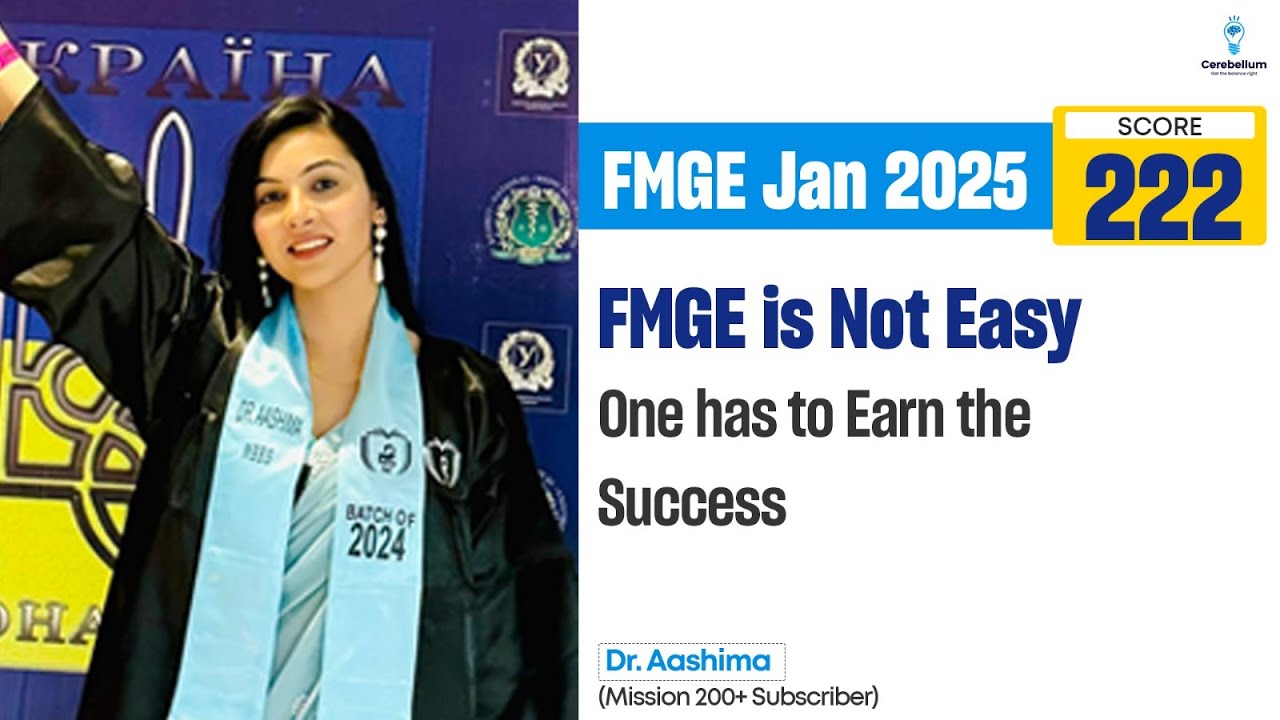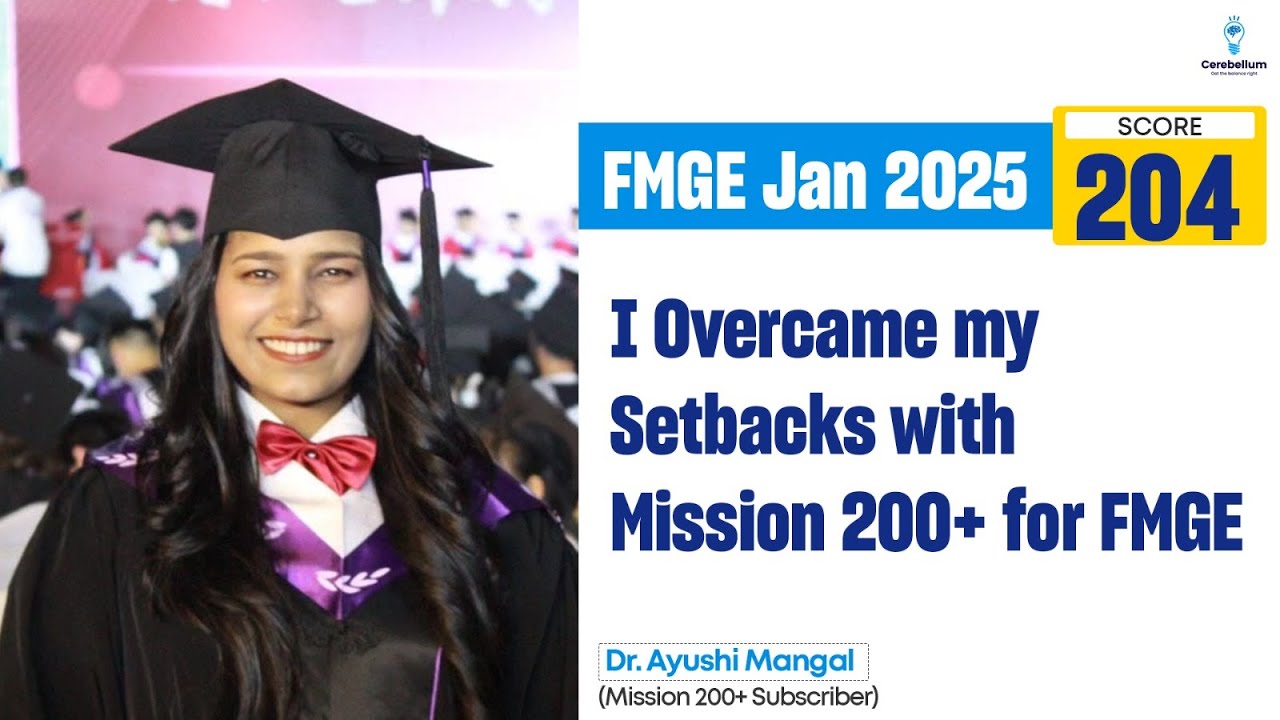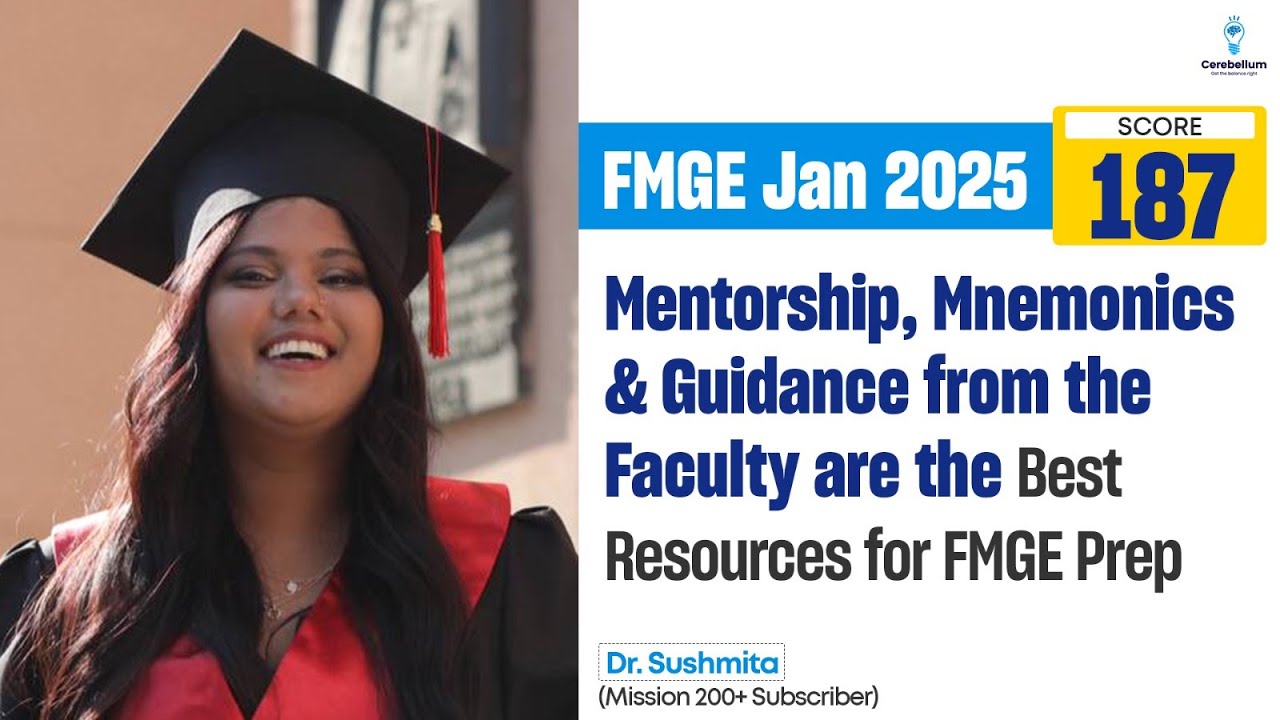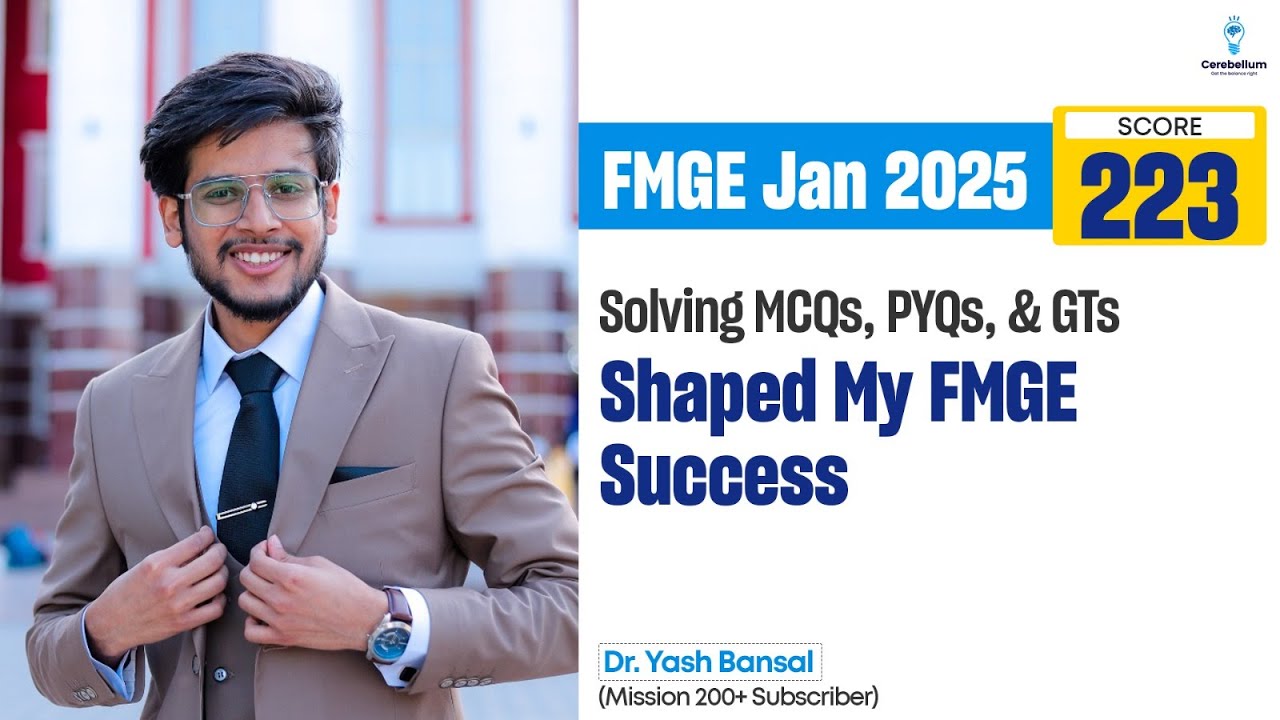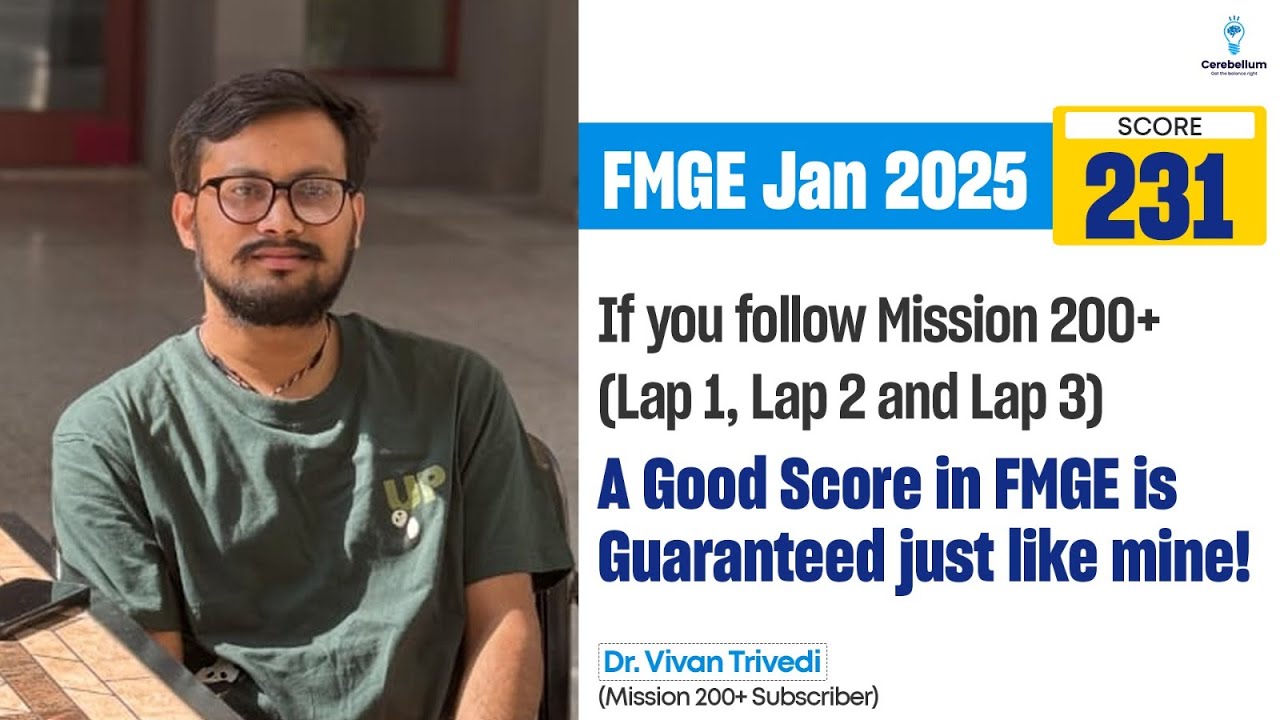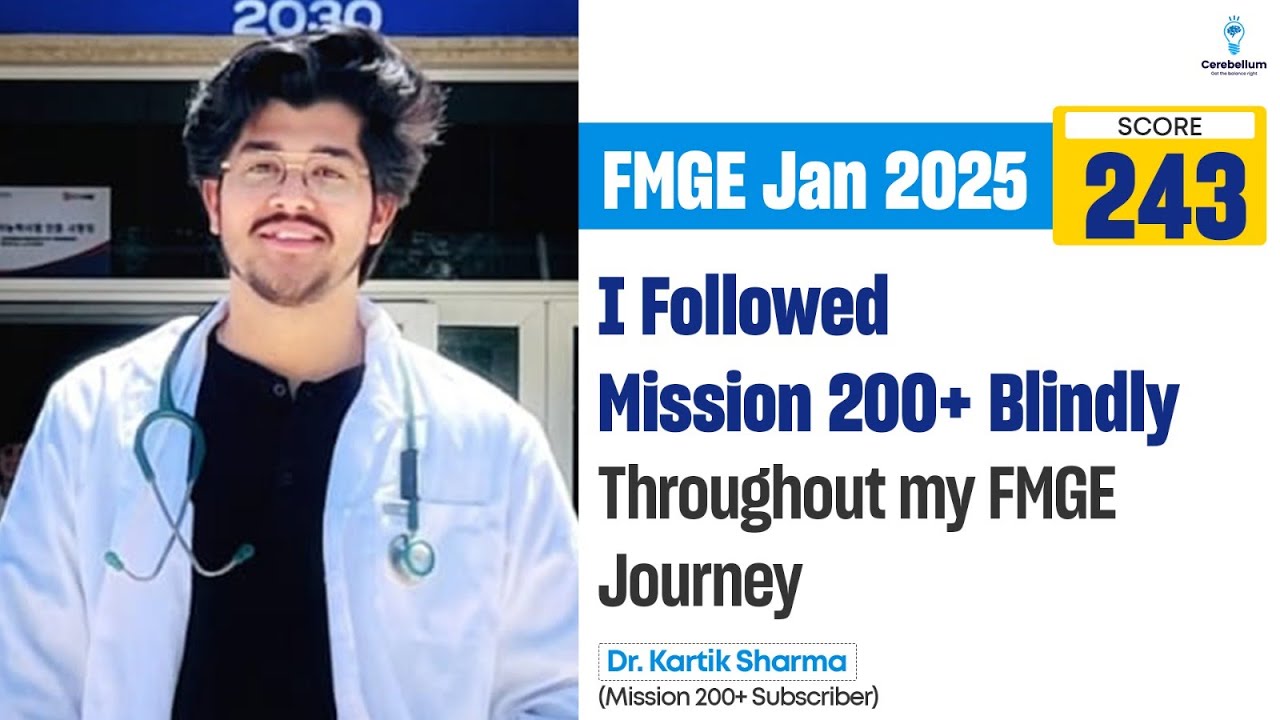Hello students, this is Dr. Praveen Tripathi. As we all know, the NEET PG exam has been postponed, and we don’t have a date now. It’s still tentative. We are not sure whether the court would accept it or not, but it appears that the exam may happen on August 3rd. Now, the important thing is that we cannot wait for the final date to come. We cannot waste that much time, and we have to start preparing. We have decided to start our next batch for our students, with the primary aim of providing a structure to help them stay on track with their preparation. That is what we tend to do in our mission plans. It’s usually a very highly structured plan which tells you what you need to do when.
So let’s go into the details. Now, fortunately or unfortunately, we have had a lot of experience with these postponements. It happened multiple times last year, and before that, also.
So we know that for some students, it’s a blessing in disguise. It’s a very good thing that could have happened to their preparation, and for some, it comes as a big setback. There are students, there were students last year who utilised these postponements so nicely that they were able to jump from 4-digit ranks or 5-digit ranks to 2-digit ranks.
Recently, Dr. Brahmjot took a session in the Cerebellum app, and she discussed her journey. She was a topper, ranked 98 last year, and she is not the only one; multiple such students utilised the days that they got because of postponement, and they did well in the exam finally. Unfortunately, many students were doing good, but because of the postponements, their preparation got delayed, they ended up getting a bad rank, and so we have to learn lessons from both of them.
What these students did wrong and what students like Brahmjot did right, both of these things must be learned by us. But the fact is, like 15 days before the exam, when most of you had taken multiple mocks from different platforms, you were very aware of where you stood, you were aware of your shortcomings. 15 days before the exam, with all that knowledge you were suddenly given 60 days more.
So, had that happened like 2 months back, probably you were not even so much clear about where you stand, but it happened 15 days back. So now you have been given extra days with the realisation of where your preparation stands. And I always say that when you talk about 60 days or 55 days, when you look at the days, it may appear that it’s not that big but multiply it by the number of hours, multiply it multiplied with 12 hours a day or 10 hours a day and suddenly you have 660 hours.
Also Read: NEET PG 2025 New Date Out: Highlights You Should Know!
I mean, look at all these rapid revision or quick revision videos, most of them are hardly 180 hours, 170 hours. So you have so much time that you can do everything three times. So that tells us that the duration that we have is so much more than what it appears when we think about it in the days framework.
So again, I keep on saying this that there is a lot of time left and if you play your cards right, any kind of leap is possible, any kind of jump is possible. But when I say 10 to 12 hours per day, it means that you have to give it all, you have to go all in; that’s when the magic happens. Now, before the exam was postponed, you were aware of your limitations.
You knew in which subjects you were doing badly, you knew whether you were making mistakes in the concepts, whether you were weak in the facts, and as I said earlier, you have a massive chance to fix it now. This video I have prepared based on where you stand today, and we have a good indicator of that based on the mock test that you have taken on any platform. If you have not taken the mocks, I would very strongly advise that you go and take the cerebellums mock 1 and 2, NEET PG, mock 1 and 2. Mock 1 is tougher, mock 2 is comparatively simpler, but you will get a good idea of where you stand in the competition.And I believe the students who are getting 150 to 160 correct, the students who are getting less than 110 correct or the students who are in between, all of them have to tweak their strategy a bit based on where they stand.
So let us discuss in detail what the strategy should be for all these students.
- Students who are getting less than 130:
I have clubbed 110, 120, and 130 together. If you are getting less than 130, the biggest fear is that you will get in the major clustering. Recently, I was looking at the cerebellum mock 2 result, and there was a huge clustering happening between 120 to 140.
It appears that a lot of students can reach 120, 125, but then crossing 140 is becoming very difficult for them. The problem is that every single mark, a drop in every single mark, is leading to a drop in thousands of ranks. So finally, the number of marks is not going to take you anywhere; it has to be a rank.
So if you are getting caught up in that clustering, the result would be suboptimal. You have to find a way to get out of that cluster. And if you are getting 130, and if you are getting 120 or 110, or less than that, it clearly means one thing that you are lacking depth in subjects.
Gone are the days when the examiners would give the exact same PYQs. Same question utke phirse nahi aayega. A good number of questions would be twisted PYQs.
Same question, same answer, but given in a different format. If you have just tried to do the rote memorisation, then you would struggle even with these questions. And this is what is happening.
A lot of students are saying that they are stuck in 120, they are stuck in 130s. This is happening because you have covered a lot of code, but it’s all superficial. You don’t know the depth at all.
And the moment the examiner twists the question even a little bit, you are found wanting. So you have to get depth in certain subjects. And by depth, I don’t mean go to the main videos or go to the textbook.
Even doing something like mission classes or mission videos, or quick revision videos would suffice. Even these videos provide you with good depth. MCQs and PYQs are important for you, but I would say that gaining depth is more important because when you gain depth, you start automatically doing better in these things.
Now, there are certain subjects that I really want you to go through. From my experience of talking to hundreds of students, I talk to a lot of students on Telegram and otherwise, and even people who are getting 155, 160, one subject that they are uncertain of is medicine. The problem with medicine is it’s so vast that it’s difficult to study it in a limited period of time, and then revision is a bigger problem.
But medicine today is also one of the subjects that can really give you a push in your career. Because again, I believe 70% of students are reluctant to study medicine, and if you can get into those 30% who do focus on medicine, I am sure your rank will get better by significant numbers. Medicine, you have to do.
The program that I am going to tell you about is also starting on the 8th. Whatever it is, I am recording this video on the 5th. So, 5th, 6th, 7th, you have to do medicine. Trust me, you will get rewarded very handsomely.
Also Read: What If Two Students Obtain the Same Marks in NEET PG? Must Read
Medicine in a day. This is a video that was recorded by Dr. Dilip Sir, cerebellum and the beauty of medicine in a day is that it’s hardly 23 hours. But he has tried to cover everything in pretty good detail.
I think if you can invest those 23 hours, which means you have to invest 2-3 days, you will at least get 8-10 questions more correct, and I don’t need to tell you that 10 questions more correct can make so much of a difference. In a day, you have to do. I don’t really mind, I don’t really, I am not really bothered whether you have done medicine from somewhere in the past or not.
In case you have done it from somewhere else in the past, and if you are getting maximum questions correct, then you can ignore my advice. But this is the video for students who are below 130, so I am assuming that you still need some work to be done on your concepts. Do not miss medicine in a day.
Secondly, surgery. Now, surgery has always been an enigma for students because it tends to become rote memorisation. Things like onco-surgery, remembering all the grades, all the stages, it becomes very rooted, and a lot of people say that there are no concepts involved.
That is why Dr. Amrit Nasta stands out so beautifully. If you talk to me, you don’t listen to me, right? I might be biased because he is a teacher, he is a colleague, right? I might be biased. Talk to your friends who have done his lectures.
Talk to your friends who have done their videos. Talk to your friends who have attended his live classes. Everybody says the same thing that he is perhaps the only person who makes surgery conceptual.
The benefit of things becoming conceptual is that you don’t have to memorise everything when you start understanding things. The capability of your brain to hold information is limited. You cannot ratify everything, you cannot memorise everything.
That is why understanding becomes so important. And if you can understand a subject like surgery, I mean, there can be nothing better than that. For Dr. Amrit Nasta, we have two options.
Again, his quick revision videos are very good. His quick revision videos are very good. Quick revision videos 2.2. I think they are around 25 hours.
If you can do that, it would be great. But if you are watching this video closer to the exam, the second option is to watch his lap 2. Mission 2.0 lap 2 classes, which are shorter in duration, perhaps 14-15 hours. But again, I would say that if you can even spend those 10 hours more at this point in time.
Again, see if you become good in medicine and surgery, you will actually go ahead of others in the race. At the end of the day, unfortunately, it is a race. You have to be better than others to get a good rank.
And this investment of 40-50 hours, if you can do it, would really help you a lot. So, medicine and surgery. I have zeroed in on PSM and Pharma because of a very simple fact.
Of course, both of them are legends, G.R.G. Sir and Vivek Jain Sir. But the thing is, these people are very good at predicting the questions. And when you ask them to record shorter videos, somehow they end up having a very high strike rate.
The questions that come in the exams are often from what they teach in those 7-8 hours of classes. Again, for both PSM and Pharma, G.R.G. Sir and Vivek Jain Sir, the quick revision videos 2.0 are perfect. You might be wondering why I am not talking about the mission classes videos or the mission lap 2 videos.
The reason is we are talking about an exam that will happen, perhaps 2 months from today. We should not do Lap 2. It is less than, I mean, it is more concise. And today we have time.
Perhaps if I have to give you the same advice 1 month from today, I will ask you to do the lab 2 of mission 2.0, which is more concise. But today, quick revision videos 2.0 are better. Similarly, Raina ma’am’s quick revision video, I think it is like hardly 10 hours or something.
10 or 11 hours. Again, beautiful. It is beautifully done.
So these are the subjects that you must do. I am not saying that you should not do other subjects. But see, all of you are at different stages of preparation.
And some of you would definitely want to continue with whatever resource you have used in the past. Whether it is cerebellum faculty or even if it is somebody else, you can continue with it if you are doing well. But for these, you must focus on the videos of these faculty members.
Short subjects, I am always a very big proponent of doing short subjects properly. Simple reason. Say there is something called psychiatry.
There is something called orthopedics. All these subjects, right? The good thing about these subjects is that they are very limited. And even if you do the quick revision videos, like psychiatry quick revision videos are hardly 6 hours.
When you do those 6 hours of videos, the chances that you would most likely get 90% of the questions correct in the exam become very high. Compared to that, say you say that you are reading some notes, write some short notes, and there you can get, say, 50% questions correct. By giving like 2-3 hours more, you can get 3-4 questions more correct.
That is like the lowest hanging fruit. Short subjects, the best thing is that for short subjects, you must do quick revision videos. They are not so long.
They would not take so much time, but they definitely ensure that you know, put together 5-6 subjects, you get 15 more questions correct. When I’m talking about short subjects, I’m talking about psychiatry, anesthesia, radiodermatology, ortho and forensic. All of them, their quick revision videos are hardly 5-6 hours for some of them, less than that.
And you can also actually add pediatrics to it, right? So, per unit of investment of time, the returns are very high. And again, see when you do something like quick revision videos, concepts get built. Some depth is, you know, imbibed.
And that is why when the questions get twisted in the real exam, you can answer it. So these things, you must do.
- Students between 130-145:
Again, they would get caught up in the clustering. Not as bad as those who are going for 120-130. But 130-145 is also going to get caught up in the clustering.
The unfortunate part of being in this zone is, if you could have gotten just 7-8 questions correct, more questions correct, your rank would have jumped significantly. So again, you have to get out of this clustering. And for that, you again have to gain depth in certain subjects.
You already have decent concepts, but you have to increase your depth. And for you doing MCQs and PYQs is as important as gaining depth. For the last category of students, I said that you focus more on gaining depth than MCQs because when you have more depth in the subject, your number of MCQs correct would automatically increase.
You guys have to do both. Again, medicine in a day is something that you have to do. As I just said, medicine in a day, just 23 hours by Dr. Dilip would make you strong in medicine, would get you those 8-10 questions extra correct, which can be a game changer.
Again, I would say PSM and Pharma quick revision videos, quick revision 2.2. Again, GRG sir, Vivek Jain sir, who have been at the top of their field for the last 20 years, know how to give you the maximum quality in those 7-8 hours . PSM, many students say that they are very weak in it. Do PSM by Vivek Jain, sir and then let us know.
You would definitely become stronger. GRG, sir, I don’t have to tell, is the king of pharmacology. Do these 7-8 hours of lectures, right? Rather than studying the same old thing again and again, even when it is not giving you good results, spend some time on these lectures.
They are very important. Surgery, I already mentioned. Amrit Nasta Sir’s quick revision videos are very conceptual.
If you have done surgery somewhere else, you can revise it. But if you are making mistakes or if you are forgetting things, as I said, his surgery lectures are very conceptual. Your hold on these concepts will improve.
You would not have to memorise everything. Again, short subjects, psychiatry, anesthesia, radio, orthodermat, forensic and plus minus speeds. Do these from quick revision videos if you have not done them, or if you have done them from mission videos, just revise them. These subjects, being limited, give you the highest returns for every unit of time you invest in them. You should ensure that you don’t get anything wrong from these subjects and the remaining things; whatever you have revised, whatever you have done, just revise it.
- Students who are already doing well:
If you are somebody who is getting 145 plus, it means you have a decent understanding of your subjects. Still, if you can, you know, use these two months, again, you can make a major leap. Say you are at 145 today, and if you can take it to 165, I don’t have to tell you what kind of rank changes will come with it.
So, you also have to try to get those 20 marks, 20 corrects extra. Try to identify what your weak subjects are. Try to identify what your weak subjects are.
Now, all the platforms are giving GT analysis. See which subjects you are consistently doing poorly. My conversation with a lot of students who were getting 150, all of them again talked about medicine, and I again told them that go for medicine in a day by Dr. Dilip.
Those 23 hours will help you a lot. Some students told me that they are poor, and they are not doing so well in PSM. Again, whatever subject you are not doing so well in, go with the quick revision videos 2.0. Short subjects, if you are scoring well, fine.
Otherwise, do the quick revision videos 2.0. And if there’s any other subject in which you are doing poorly, again, do the quick revision videos 2.0. They will provide you with the depth. But along with this, you have to continue doing a lot of MCQs and, more importantly, take regular GTs. We’ll be having a mock for NEET PG every 15 days.
It is going to help you a lot. So, guys, this is sometimes what I call an asymmetric preparation strategy. Asymmetric preparation strategy means, one strategy can be to let me study everything again, right? Okay strategy, but it is best for those who have figured out everything.
Somebody getting like 165, 170 corrects. But if you are not reaching there, then you have to go asymmetrically. You have to see which subject, when targeted, brings you the best output.
That is medicine, short subjects, PSM, pharma, right? All these subjects give you a lot of returns. So this is a broad strategy. Along with it, you have to do your MCQs.
You have to do your PYQs. You have to do your GTs.
Schedule of Mission NEET PG 2.0 last Batch
Now let’s talk about the schedule, right? So we are calling it Mission 2.0 last batch. What will it entail? Students were asking in the Telegram group. Yes, we’ll have all the marathon classes again. The whole idea of marathon classes was that they should be the last class that is taken before you go to the examination hall.
If the exam is happening two months later, today’s marathon class is not going to stay fresh in your mind. We want everything to be fresh in your mind. We’ll again have all live marathon lectures.
For those of you who do not know, these marathon lectures are live classes taken by the teachers around 8-9 hours for bigger subjects like medicine and surgery, around 4-5 hours for mid-level subjects like pathopharma, and around 2-2.5 hours for shorter subjects like psychiatry. Everything important is taught to you in those hours, and this is done right before the exam. Last year, we had a similar predicament.
The exam got postponed, and we did E&Ds, live testing discussions for all subjects, where you will be given a test. The teacher would come live online, and we would have a discussion, learn the art of solving MCQs. Last day we did that in last month’s marathon.
We got great results. So we would stick to it, live E&Ds for all the subjects. Now we are starting with something new, mini GTs.
Mini GT is basically a GT of three or four subjects. Say we teach you PSM, micro, and biochemistry. Fifth day, we take a mini test of all three of them.
You might have come across these words: active recall and spaced repetition. The more frequently we repeat the questions, the more they get ingrained in our long-term memories. So these mini GTs will help you further in remembering things.
And we’ll keep them with Q-based video explanations. What are they? Say we add 100 questions, 30, 30, 30. For all of them, we’ll have 30 to 90-second videos as explanations so that you can cover these GTs in one and a half hours.
That is very important. We need to give you enough time for your revisions, also. We’ll continue with midday PYQs and late-night PYQs.
We are going to add some INICET questions also now, and more FMG questions, and more older NEET PG questions now that we have more days. So that will be done. We want to take a GT NEET PG mock every 15 days.
Cerebellum’s recent mocks got a lot of praise from the students because, first of all, they were pretty good questions. Even difficult questions were from the important topics. And we were giving Q-based video explanations with the help of which you could revise the entire mock in like three hours, so that the problem is that after you do a GT, it takes you days to revise it or review it.
Those days are gone. If you spend 2-3 hours, you would be able to revise the entire mock because we have these short the to-the-point, precise video explanations. Also, in the Cerebellum, if you take a GT or a mock, you can review it immediately.
The ranks and the percentiles will come after the window’s over, but you can review it immediately. Please don’t share the questions on the Telegram group. That is something that you should not do, but you yourself can review it immediately.
Of course, you have the entire access to Q-bank, recorded content, BTR, everything is there. All right. Now, let’s talk about the schedule.
So, we are going to start on the 8th of June. So, till the 7th of June, the marathon classes that were going will continue as they were going. From the 8th, we will restart.
So, FMT, we are starting with. Now, the idea is on June 8th, for forensic, the E&D would be in the afternoon, around 1 pm. So, what we want is on the 7th, you do the quick revision video of Dr. Atul, or if you have already made notes, you do them.
But it has to be at least a quick revision video. You watch the video, you do some custom module, or you can just do PYQs. So, you can look into the app, go into the test section, look for late-night PYQs, and scroll down, you can see the forensic PYQs also.
So, if you want, you can do just forensic PYQs. One option is that. The second option is FMT, just revise it, and the next day, you have E&D going on, in which 50 questions will be asked.
Focus on these 50 questions because you know 50 questions the teacher would try to cover everything. For bigger subjects, it would be 100 questions. So, the idea is you do the quick revision video, the next day you attend the class, you take the test, you listen to the discussion, and at night you do the PYQs.
These late-night PYQs and midday PYQs would continue in their mixed pack. Just to clarify, because I think it got a bit confusing. If on the 8th, we have a forensic testing discussion, on the 7th evening, watch the quick revision video.
On the 8th, appear for this test. In the afternoon or evening, you will have a discussion of the live test in which the teacher will discuss the four options, how you reach the answer. Do that, and then you have midday and late-night PYQs during which you will do the PYQs; they are mixed packs.
So that you know that your entire profession also continues going on simultaneously. June 9th, one day is given for you to cover the entire anatomy. Anatomy is a subject which is of course, does not stay in your memory for a long period of time.
So, we thought of giving you one entire day. On the 9th, either revise from whatever you had done in the past, the main video, the quick revision video, notes. If you had not done any of those things, watch the quick revision videos.
On the 10th, appear for the anatomy test, attend the discussion part and then again do the midday and late night PYQs. Then you will have the same thing for Dermat, and then you have your mini GT. I think Mini GT would be on the 13th.
In between, there would again be the BTR for the same subjects. You can also attend that. Then you have got PSM, the bigger subject.
You have got PSM, radio, and then we will have the mock test. Then you have biochem, again another mini GT, another BTR, so on and so forth. So, for bigger subjects, you are leaving days like we have given two days for OBG.
We have one day left for pharmacology. Similarly, for medicine, we have two days left. So on and so forth, this cycle will continue.
You have to do the quick revision videos if you have not done them earlier, or you have to revise the mission classes or whatever you have done. If you have not done anything, do quick revision videos, take the test, appear for the midday PYQs, late night PYQs and the next subject. In between, we will ensure that we are also revising because we keep getting these mini GTs in between.
So in this way, we would be able to complete everything by July 15th. And then we would still be after the 18 days when we start with our marathon NEET PG live classes. So, what is going to happen in these marathon NEET PG live classes? Again, in 17-18 days, all the subjects in live lectures will be reviewed.
You would continue asking your questions. You would continue revising. So everything would come together very nicely.
You are developing depth in certain subjects which are weaker. You are doing a lot of questions in a test and discussions, and live tests and discussions. You are strengthening your PYQs and midday PYQs, and late-night PYQs.
And the GTs and the mini GTs are ensuring that you continue revising. You continue seeing important topics. And you also continue having this experience of taking the test.
So this is how this is going to unfold. And again, students, in the end, I just want to say that my experience of interviewing multiple students was the same last year. Every time there was a postponement, there were students who doubled down on their preparation.
They started putting in more effort. They started spending more hours. They started ensuring that their concentration improved.
And in the end, they came out with great ranks. The same can happen to you. You have to double down on your preparation.
Decrease your social media consumption. If anybody talks about feeling fatigued to you that they are not unable to focus, just stop talking to them. This fatigue thing is contagious.
If you are with four students who are all studying very hard, you will also study hard. If you are with four students who are saying that you won’t be able to do it, you won’t be able to do it, whatever will be seen. You would also get into the same zone.
It is contagious. It is like yawning. If somebody yawns in front of you, you also start yawning.
The same thing happens here. You have to be very careful about the people you talk to. Of course, all the faculties would keep on guiding you.
We are there in the Telegram group where we have a lot of conversations going on. We have to do all of these things. And then finally, before the exam, we’ll have the NEET PG, the final class.
Some of you must remember the INI CET, the final class, where the teachers come and give the students the most likely questions that are questions that are most likely to be asked in the exam. They talk about those questions. So this is the plan, guys.
And if you are not a subscriber, of course, you can go to the website. And I think they would have added by now this thing, Mission 2.0, the final batch. We’ll find it over there.
So this is the whole plan regarding the extensions and everything. I think the management would announce in the Telegram group. Extensions till NEET PG have been announced, and they have also significantly cut the price.
So please take advantage of that. Please use it. So, guys, again, we have been given another opportunity.
The 8th of June is when we restart. We again concentrate.
CAMP: Free For All
Also, one thing, CAMP, Cerebellum Accountability Management Program.
Again, free for all. Go to the app of Cerebellum Academy app. Just scroll down.
In the shortcuts, you would find CAMP. So CAMP is something which helps you monitor your study pattern in your study, the study output that you’re getting. So CAMP talks about a couple of things.
It starts with bed-to-book time. What is bed-to-book time? What duration does it take for you to start studying after getting up in the morning? So you woke up at 8 o’clock. If you start studying at 8.30, that is 30 minutes.
Bed-to-book time is 30 minutes. It should be at least less than 45 minutes, preferably less than 30 minutes. And then it talks about deep study sessions.
What are deep study sessions? They are study sessions where you try to reach maximum concentration, where you are not getting distracted, where you’re not looking at your phone, where you’re not talking to people. That is a deep study session, one hour. So you have to monitor how many deep study sessions you are doing.
And it also talks about the concentration levels. You have to rate your concentration level. On a scale of 1 to 10, where did you reach? Why? When you measure these things, you start doing better. Say you are studying and you know that after one hour, you have to write down the concentration level that you were able to reach. The moment your concentration starts drifting or you start losing concentration, you bring it back. You know you’re measuring something, so you start doing it better.
You cannot improve something unless you measure it. So that is why it talks about concentration levels as well. At night, fill that camp and it will also create a beautiful line diagram for you that how you are doing longitudinally.
Do that. It acts as an accountability manager, and it helps you a lot. So again, students, the game is wide open.
This postponement has ensured that even if you are lagging behind, you have been given a beautiful chance to leap forward. And it has given you a chance, if you are doing well, to make it even better. If you are getting 160 correct, try to get into the top 50, rank in NEET PG.
So the game is wide open. We have 60 days. We know our limitations.
We have a beautiful plan in front of you. We have a beautiful structure in front of you. We have all the resources. Let’s do it. As I keep saying, let’s take the preparation to the end because it is not over until it’s over. May God bless you all.
All the best.
Download Cerebellum NEET PG Preparation Android app
Download Cerebellum NEET PG Preparation iOS app
Download Cerebellum NEET PG Preparation iphone app

